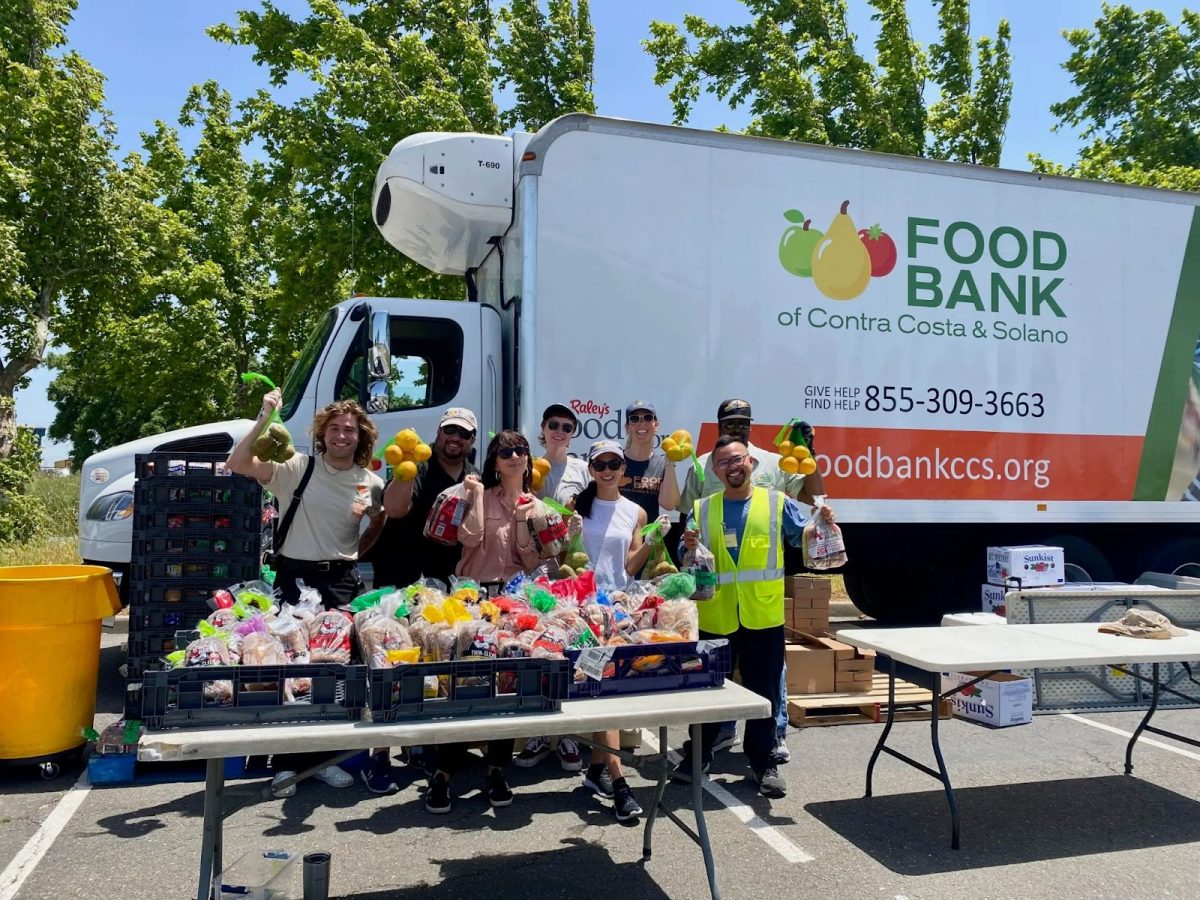Stop!
Before you bite into that lovely Granny Smith, consider its toxicity.
Was it genetically altered? Sprayed with pesticides? Cultivated with man-made fertilizers?
If yes, forget the old adage.
This apple a day won’t keeps the doctor away.
More people seem to be choosing organic over foods that have been purposely altered to enhance size, color and/or taste. And they seem to be becoming more aware of what happens when food is treated with herbicides, pesticides, preservatives and other chemicals.
We need fruits and veggies to maintain health, but studies show that the food we consume may be killing us instead of helping us survive, according to ExtoxNet, a cooperative effort between the toxicology departments of UC Davis, Oregon State University, Michigan State University, Cornell University and the University of Idaho.
By avoiding the toxicity of modified foods, you avoid many negative physical conditions, such as hyperactivity from food coloring and preservatives. Toxins can also cause systemic injury, including liver and kidney damage, reproductive toxicity, developmental toxicity affecting the fetus, and even cancer, according to ExtoxNet.
For most people, it is crucial to spend frugally, so shopping has become all about bargain shopping. But if the bills from the doctor are higher than the bills from the local farmers’ market, due to massive headaches or the shakes, maybe that extra few dollars is money well spent.
If we stop financially contributing to conventional non-organic farming, we no longer support the vicious cycle that keeps genetically altered foods in our grocery stores.
Aside from the health factor, there is a wide spectrum of other reasons to choose organic.
Organic food is likely to be more flavorful, because the flavor results from the mixing of complex molecules that are lost with man-made fertilizer
Organic food does not rely on poisonous pesticides that put our planet in more danger. It also does not involve synthetic chemicals that disrupt the natural flora and fauna activity in the soil. Some of these chemicals don’t break down once in the soil, and others “produce more toxic products” once they degrade, according to ExtoxNet.
And let’s not forget the traces of chemical residue that ends up in our drinking water as a result of water seeping through the soil.
Approximately 50 percent of the U.S. population obtains its drinking water from groundwater sources, and as much as 95 percent of the population in agricultural areas uses groundwater as its source of drinking water, according to T.L. Pederson of the UC Davis part of ExtoxNet team.
Yikes!
So before sinking your teeth into that Granny Smith apple you packed for lunch, consider the amount of chemicals it took to grow such a beautiful, juicy fruit.
Sure, it’s big, bright and ready for a bite. But unless you chose to buy an organic one, you are doing yourself more harm than good.












































































